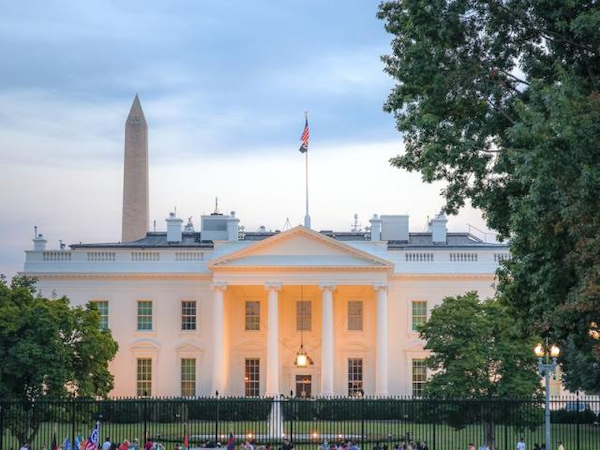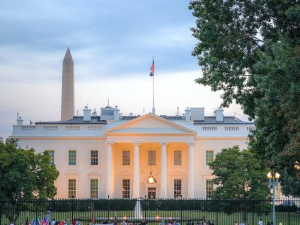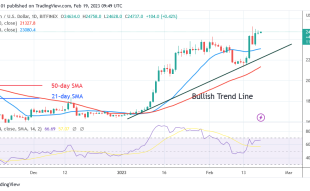Join Our Telegram channel to stay up to date on breaking news coverage
After a year of dismal failures, cryptocurrency leaders believed that 2023 would mark a new beginning. Instead, the business sector is becoming the target of a tough government crackdown.
This month, federal banking officials published policy statements that were designed to make it more difficult for crypto companies to operate in the mainstream financial system, while the Securities and Exchange Commission imposed fines and other penalties against crypto lending organizations.
The tempo has quickened over the past few days. State and federal regulators applied significant pressure to two prominent cryptocurrency firms, including a well-known exchange where users can buy and sell digital coins. The SEC penalized a cryptocurrency promoter and filed a lawsuit against a start-up that produced digital coins after announcing a deal with the exchange, making three enforcement actions in less than a week.
Regulators are acting in response to the market volatility that led to the bankruptcy of well-known crypto businesses last year, costing investors billions of dollars in losses. The actions are probably the beginning of a protracted period of legal fighting. Also, the enforcement denotes the haste with which Washington is addressing the threat posed by cryptocurrencies, an innovative technology that permits new kinds of financial speculation.
The executive director of the Blockchain Association, a trade association for the cryptocurrency sector, Kristin Smith, called it
The crypto carpet bombing. We learn of a fresh enforcement action every couple hours.
Regulators faced criticism for failing to understand the crypto industry even as it expanded into a multi-trillion dollar industry for years. Sam Bankman-Fried, the exchange’s founder, was accused of engineering a multi-year fraud after the FTX crypto exchange, formerly seen to be one of the most dependable businesses in the unregulated sector, virtually disappeared overnight in November.
That increased the pressure on regulators to take action. Legislators and public servants have been debating how to categorize cryptocurrency businesses for regulation for a long time. The industry’s expansion has outpaced the sluggish federal bureaucracy in charge of traditional banks and publicly traded businesses, among other segments of the finance sector.
The SEC, the Justice Department, and the Commodities Futures Trading Commission, another regulator, all filed lawsuits against Bankman-Fried and two of his senior lieutenants after FTX declared bankruptcy in November of last year.
The S.E.C. fined the crypto lender Nexo $45 million and accused one of its rivals, Genesis, of providing unregistered securities, but activity against the larger industry increased last month.
A settlement between the SEC and the Kraken cryptocurrency exchange, which pulled one of its well-known investment products from the U.S. market last week, may have wide-ranging effects on the sector. In addition, the regulator warned Paxos, a business that creates so-called stablecoins pegged to the US dollar, that it might be sued for securities offenses.
The business that created the digital coins Luna and TerraUSD, which failed last spring and led to a wider collapse in cryptocurrency prices, Terraform Laboratories was sued by the SEC this week. SEC also disclosed on Friday that former NBA player Paul Pierce had agreed to pay $1.4 million to resolve allegations that he improperly promoted a cryptocurrency.
In addition to the S.E.C., three of the leading financial watchdogs warned banking companies last month to use cautious when dealing with cryptocurrencies. Earlier last month, the Federal Reserve turned down a request by cryptocurrency firm Custodia Bank to join its payment system.
The enforcement wave has angered and alarmed the cryptocurrency sector. Industry supporters have given the government’s initiatives the moniker “Operation Choke Point 2.0“, which alludes to a legal battle in the 2010s to forbid banks from doing business with specific companies.
A business attorney claimed that he was urging bosses to get ready for a potentially costly and protracted legal battle with the government that might last up to five years. The lawyer, who requested anonymity to reveal delicate legal discussions, claimed that cryptocurrency companies have informally swapped advice on which law firms to engage to handle government lawsuits.
Paul Grewal, the chief legal officer of Coinbase, the biggest U.S. crypto exchange, described the current situation as:
A coordinated effort that goes across many agencies and seemingly represents a unitary perspective that the entire crypto business has to be restricted. The crypto business needs to get ready for a protracted battle.
Regulators have been closely watching the cryptocurrency business almost from the beginning. Yet as the market reached historic highs in 2021, several Washington officials raised the alarm. The SEC’s chair, Gary Gensler, has claimed that the majority of cryptocurrencies should be governed by the same stringent rules as other securities since they are similar to shares traded on the stock market. Some of the cases his staff spent months developing against cryptocurrency companies are already bearing fruit.
The cryptocurrency industry also developed congressional allies who put forth legislation that would have made it simpler for businesses to market a variety of experimental products in the US.
The tone of such debates has shifted since FTX’s collapse. According to a person participating in the discussions, Capitol Hill staff members who originally looked enthused about working with the crypto business have shown skepticism and have been more supportive of Mr. Gensler’s enforcement campaign.
Crypto aficionados were disturbed by the SEC’s $30 million deal last week with Kraken, one of the biggest US exchanges. Kraken has decided to discontinue providing the “staking” service, which has been profitable for the industry and allows investors to earn interest on their crypto assets. The supporters worry that the S.E.C. may take action to prevent other cryptocurrency firms from providing comparable services.
The New York Department of Financial Services announced on Monday that it has instructed Paxos to cease issuing BUSD, a well-liked stablecoin linked to Binance, the biggest cryptocurrency exchange in the world. The SEC had written to Paxos the previous day with a warning that the business would soon face charges for securities breaches involving BUSD, according to Paxos.
According to Jason Weinstein, a Steptoe & Johnson attorney who specializes in cryptocurrency law, there is a competition among government authorities in the U.S. to demonstrate how severe they can be on cryptocurrencies. There are many sheriffs in the town, and they are all vying for control of the same territory.
There are concerns that some of the initiatives may make it more difficult for crypto companies to establish connections with the regular financial system. The Federal Reserve, the Federal Deposit Insurance Corporation, and the Office of the Comptroller of the Currency together released a statement in January outlining the dangers of getting involved with cryptocurrencies.
A prominent blogger who invests in cryptocurrencies, Nic Carter, stated last week that:
The administration’s activities are no secret. Exchanges could be completely cut off from the financial system.
Crypto executives have resorted to Twitter to criticize the S.E.C. as gloomy predictions have grown more widespread. Jesse Powell, the founder of Kraken, posted an offensive meme about Mr. Gensler a few days after the business reached a settlement with the agency. Then, it was taken down. An inquiry for comment from Kraken was not answered.
The Coinbase attorney, Mr. Grewal, asserted that the current situation is unique. We have the attitude that we are willing to participate as long as it takes to establish the proper regulations.
Related
- Operation Choke Point 2.0: US goes after crypto amid confusion and uncertainty
- SEC Desperate To Hide 2022 Crypto Regulatory Shortcomings
- Kraken And Coinbase Bosses Square Off With The SEC
- White House: Crypto Regulation Drama
Join Our Telegram channel to stay up to date on breaking news coverage


